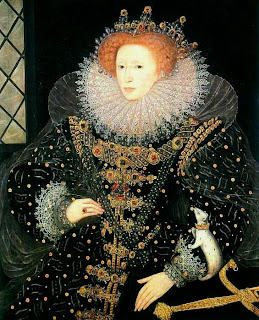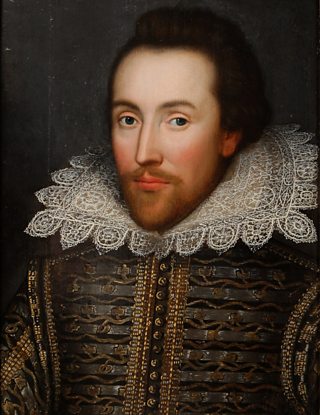Elizabethan Era
Elizabethan Era

status levels

The poor

 Shakespeare wrote most of his plays during Elizabeth’s reign, and it was considered a ‘golden age’ of culture, with the theatre becoming very popular during this time.
Shakespeare wrote most of his plays during Elizabeth’s reign, and it was considered a ‘golden age’ of culture, with the theatre becoming very popular during this time.

the Elizabethan period has provided history with a rich and colourful culture, a culture that includes unique clothing,the origins of theatre and the expansion of the English Renaissance movement and exploring the new world (sailers ).
The poor
Life for ordinary people was often hard and the number of poor people increased when Queen Elizabeth was in power. Unlike now, there was no welfare system or support for anyone.Poverty was mostly considered to be your own fault in Elizabethan times.
Reasons why there was increase in poverty.
- Rising population - The population rose by a million during the Elizabethan period. Because there was more people, there was more demand for goods, and so prices rose.
- Inflation - Prices for goods rose, but wages fell as there were more people around to do the work.
- Cloth trade collapse - Woollen cloth was England’s main export. people didn't want to trade and that led to unemployment.
- Wars - Taxes were increased to compensate for the price of waging war.
- Bad harvests - Harvests were particularly bad in the 1590s leading to even higher demand and more rising prices.
- Changes in farming - Many landlords decided to enclose their fields and keep sheep instead of growing crops which led to high unemployment.
Poverty was mostly considered to be your own fault in Elizabethan times, but attitudes started to change towards the end of Elizabeth’s reign and the government decided to take action. This was because of:
- They were scared that the social order might be threatened if the number of poor people increased and ganged together to start a rebellion.
- the risk that beggars might turn to crime.
- fears that the poor might spread disease.
- landowners giving more to the poor.
 Shakespeare wrote most of his plays during Elizabeth’s reign, and it was considered a ‘golden age’ of culture, with the theatre becoming very popular during this time.
Shakespeare wrote most of his plays during Elizabeth’s reign, and it was considered a ‘golden age’ of culture, with the theatre becoming very popular during this time.
Not everyone approved of theatres, some believed theatres were the work of the devil, spreading rude and filthy ideas encouraging poor moral behaviour. They also associated the theatre with the Romans, who had persecuted Christians.

Comments
Post a Comment